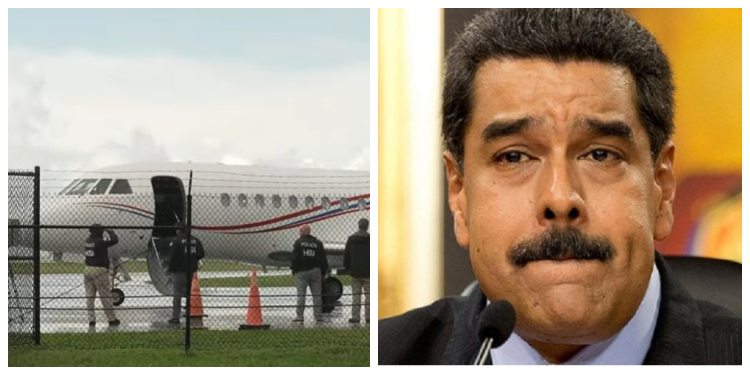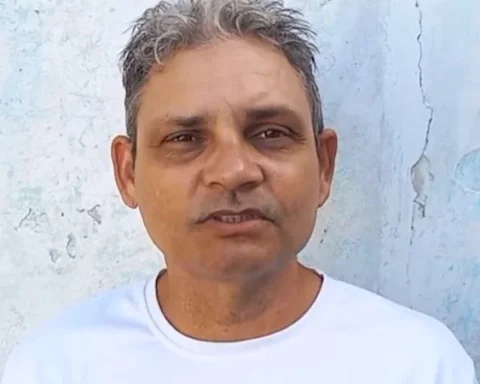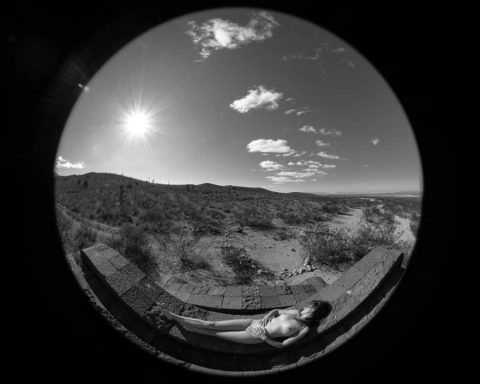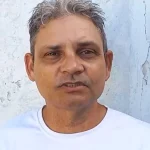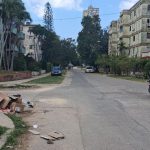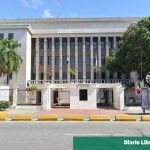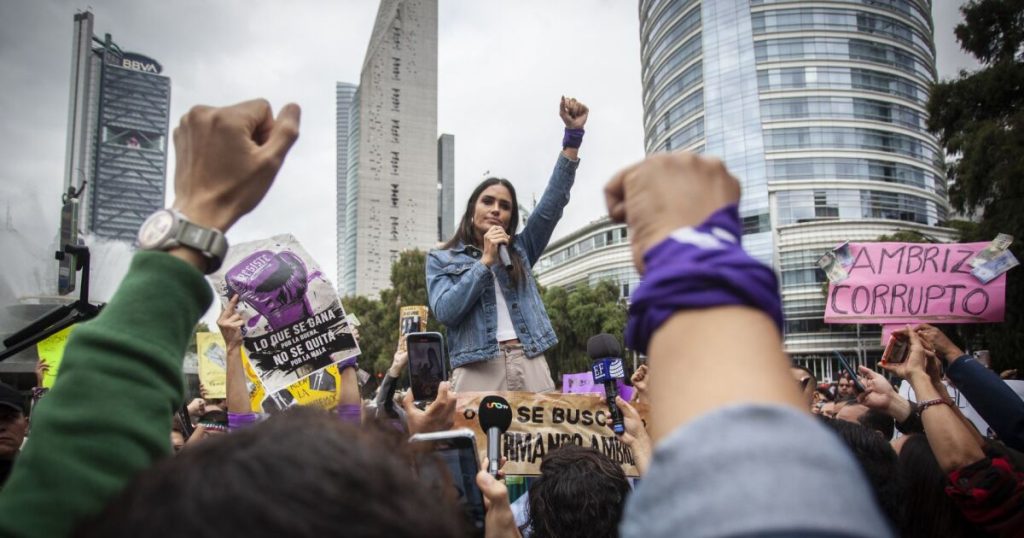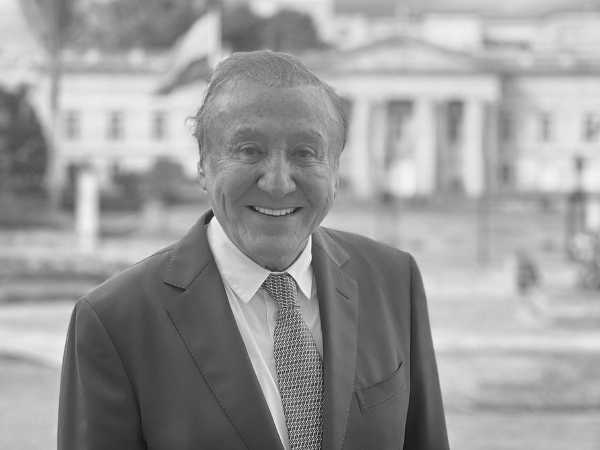AREQUIPA, Peru – The United States seized the official plane of Venezuelan President Nicolás Maduro in the Dominican Republic on Monday, in an action supported by U.S. sanctions against Venezuela.
A Exclusive report of CNN It cites two U.S. officials who said the aircraft’s acquisition violated sanctions, among other criminal matters, and so it was sent to the state of Florida.
“Seizing the aircraft of a foreign head of state is unprecedented in criminal matters. We are sending a clear message here that no one is above the law, no one is above the reach of US sanctions,” one of the officials told CNN.
The plane, estimated to cost around $13 million, had been in the Dominican Republic in recent months and has been described as the Venezuelan equivalent of Air Force One.
U.S. officials did not elaborate on why the aircraft was seized at this specific time, but did refer to it as “an opportunity.”
Several people were involved in the confiscation. federal agencies such as the Department of Homeland Security, the Department of Commerce, the Bureau of Industry and Security, and the Department of Justice.
The aircraft has been photographed during several state visits by Maduro around the world. “This sends a message to the top,” the official said.
In April, the US partially reversed sanctions relief against the Venezuelan regime, accusing Maduro of failing to meet his electoral commitments by disqualifying opposition candidate María Corina Machado.
After the electoral elections of July 28, when the National Electoral Council (CNE) controlled by Chavismo, credited the victory to Maduro, Washington has maintained a critical stance against the dictator.
In this regard, State Department spokesman Matthew Miller said last week that the CNE’s refusal to defend international and Venezuelan transparency standards is an “unacceptable violation” of the country’s laws.
Meanwhile, the post-election crisis in Venezuela has left more than twenty dead. The organization Criminal Forum has registered and verified up to August 26 some 1,780 political prisoners attributed to the Chavista repression, among them 114 minors.
